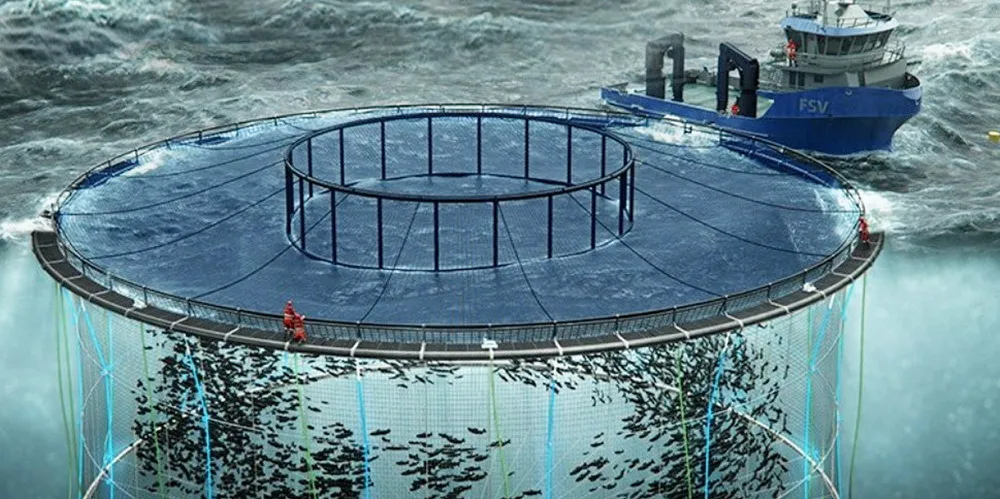Grieg Seafood to cull 1 million salmon, delay stocking Eastern Canada farms after ISA discovery
The company made the decision to delay stocking in its Newfoundland operations out of a 'precautionary approach' after the virus discovery, but says its 2025 harvesting target remains unchanged.
